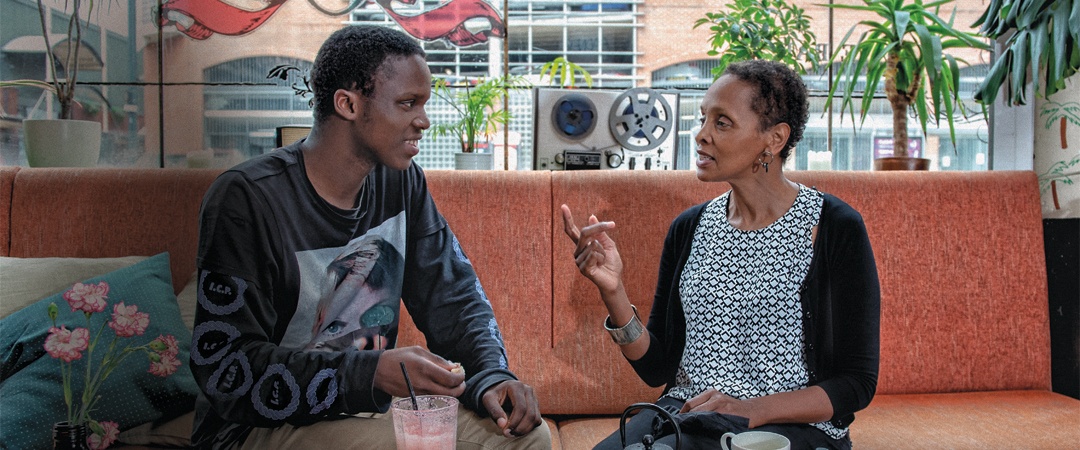Dinner 18:55 is a fresh and original take on theatre, moving away from traditional narrative forms to explore human relationships and how they’re shaped by age. An ambitious project from the get go, the show was carried by one or two particularly rousing performances which were let down by those that came in between.
The concept of Dinner 18:55 is certainly commendable. Instead of starting out with a script, creative director Maggie De Ruyck brought together a group of 18 actors from the theatre’s youth and pensioner programs and spent six months facilitating the development of relationships between them. As the group bonded, swapping stories and taking part in theatrical exercises, a series of sketches, dances and monologues emerged. These are interspaced with some spectacular Stomp-esque musical numbers.
Unfortunately, Dinner 18:55’s lofty ambitions remained unmatched by the performance itself. What could have been a bittersweet rumination on the nature of one man’s relationship with his belated mother, told through the medium of a soup recipe, goes on a little too long to be moving in the way intended. Similarly, a monologue by a younger cast member on the politics and the idea of success falls short of the mark by failing to do much more than recycle some tired cliches.
The innovative, community driven and Leeds centric approach to theatre shown by the cast and staff of Dinner 18:55 deserves praise, and will hopefully continue. The relatively low price tag, £6.50, coupled with a shorter than average runtime (1 hour) no doubt go some way towards making theatre more approachable. It’s just a shame that this particular shows combination of mime, music and monologue felt more like a mixed up collection of unrelated elements than the powerful commentary on society that a more cohesive piece could have been.
Amongst the cast, there were clearly some very talented performers, which shone through when dancing or delivering speeches. For the most part, though, the characters seemed too underdeveloped to make an impact that lasted any longer than the time that they spent on stage. Of course, it’s difficult to get much development into an hour, but perhaps the short running time is yet another way in which the performance failed to achieve its laudable objectives.
It seems oddly fitting that a play built around age is so dominated by missed opportunities. Age is a great unifier insofar as everyone can connect with the age of others – they’ve either experienced it, or hope to. This universal appeal is what makes it such a shame that Dinner 18:55 fails to connect.
Image credit: theatrefullstop.co.uk

